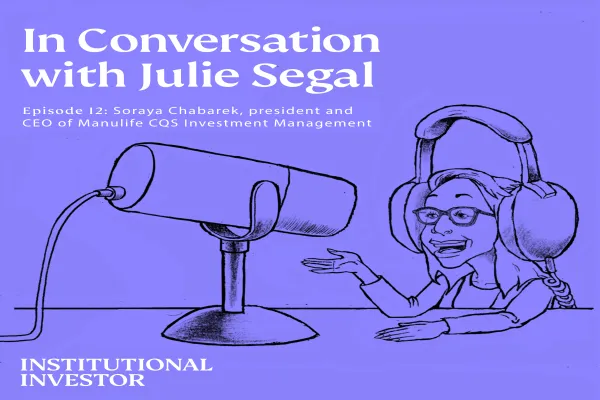Six months ago, former New York City Mayor Ed Koch made headlines when he was sued by the trustee of defunct hedge fund Lipper Convertibles to give back the money he earned from his investment because Lipper never actually made the money. Koch is now not alone, not only in the Lipper case, according to The Wall Street Journal, but in what is becoming a popular trend for failed hedge funds: Chase after those who got out when the going was good. In addition to Koch, other household names slapped with suit for “unjust enrichment” by Lipper trustee Richard Williamson are actors Sylvester Stallone and John Cusack, who all claim they didn’t know there was a fraud involved, and besides, they claim they didn’t harm any investors anyway. Koch, for one, is digging in and heels and refuses to return the profits. But the Lipper trustee, and those representing investors in other failed hedge funds have a single-minded agenda: Get back all the money and then figure out how to divide it fairly among everyone. A similar scenario is playing out with the Bayou Management trustee, Jeff Marwil, but, says the Journal, he’s going even further, seeking not only the profits but also the original investment plunked in the failed Connecticut hedge fund. According to the paper, Marwil is focusing on investors who redeemed their investments within the two-year period before the Bayou bankruptcy, the statute of limitations. A third suit pending involved failed hedge fund Sterling Watters, whose founder, Angelo Haligiannis, allegedly took investor money to pay other investors. Recovering funds in that case may be tough, says one investor, Peter Derby, a former managing director at the Securities and Exchange Commission, because he says, “there is no viable cause of action in which plaintiffs can recover” the funds.
They’re Always Chasing HF Investors
Six months ago, former New York City Mayor Ed Koch made headlines when he was sued by the trustee of defunct hedge fund Lipper Convertibles to give back the money he earned from his investment because Lipper never actually made the money. He is now not alone.
August 21, 2006




